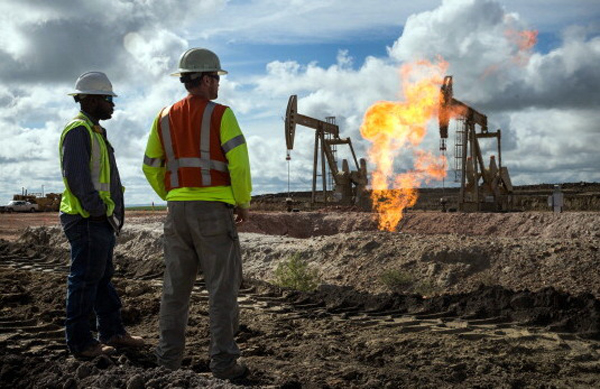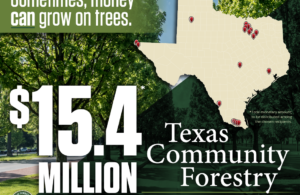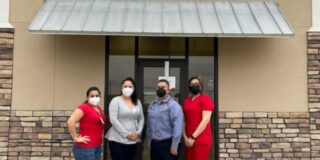- La Feria Native Soon To Retire From The Military This Summer
- Senior Eneece Avila Takes Pride in her State Title
- Dr. Noemi Infante, Harlingen Medical Center Open New Women’s Clinic
- Santa Rosa Cameron County Park Partially Reopens
- Santa Rosa Takes to Regionals Meet in Kingsville, Tx
- Long-Standing Nexstar Tower in La Feria Decommissioned
- Lionettes Powerlifting Meet
- Local Business Holds Event to Benefit RGV Shriners Club
- Knights of Columbus Holds it’s 30th Annual Golf Tournament
- KGBT Tower Dismantled
Report: Texas Faces Health Crisis from Toxic Oil, Gas Emissions
- Updated: June 30, 2017

Excess methane gas is “flared” or burned near an oil well site. Current EPA rules require new or modified wells to capture the gas rather than vent it into the atmosphere. Photo: Burton/GettyImages
by Mark Richardson
PLANO, Texas – Methane and other toxic byproducts from oil and gas exploration will, by 2025, make Texas the worst state in the nation for public health problems from toxic pollution, according to a new report.
The study, produced by the Texas Grassroots Network, said up to 7,400 Texas oil and gas wells would be allowed to spew toxic emissions into the atmosphere if the Environmental Protection Agency’s New Source Performance Standards are suspended or eliminated. Sharon Wilson, Gulf regional organizer with Earthworks, said without industry compliance, thousands of Texans will likely become sick and many may die.
“It’s a very commonsense, no-brainer rule,” Wilson said. “It would help the people who live nearby who are being affected by these emissions, and it helps the industry because they’re not losing the product into the air.”
The regulation requires producers to repair new or modified wells that leak gases or capture and sell the methane.
Wilson said that since there are few state regulations requiring detection and repair of leaks, Texans must rely on federal rules for protection. However, EPA Administrator Scott Pruitt has proposed eliminating many federal pollution rules.
Oil company lobbyists routinely complain that EPA regulations are expensive and unnecessary. But Wilson said she believes the industry isn’t really concerned about high costs or red tape.
“This is an industry that just does not want any rules, and so they’re going to fight against any rule whether it’s in their best interests or not,” she said.
The report utilized Wilson’s research using infrared images to show normally invisible methane, benzene and other emissions escaping from Texas oil and gas operations.
She also documents cases of people living near these wells who experience serious health problems. But, she added, Texans need not live close by to be affected.
“The air in Denton, Texas, doesn’t stay in Denton, Texas. The air in Odessa and Midland doesn’t stay in Odessa and Midland,” Wilson said. “It doesn’t know where the city boundary is.”
A coalition of environmental groups, including Earthworks, recently filed suit seeking an injunction against Pruitt and the EPA over their plans to suspend the standards.






